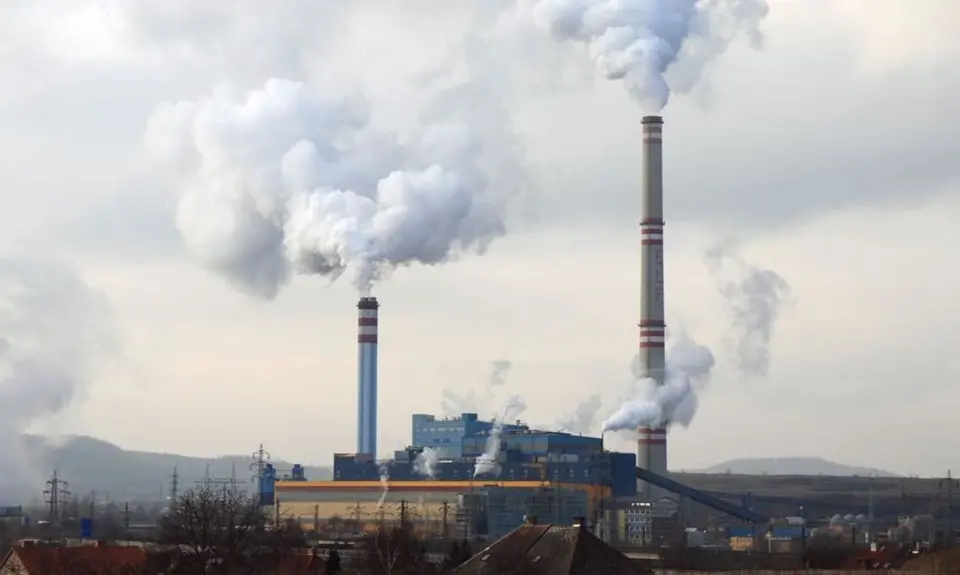Judge Michelle Childs, nominated by President Biden to the US Court of Appeals for the DC Circuit, wrote a unanimous decision that rejected a challenge by a group of power companies to EPA rules requiring power plants to cut pollution they create that blows across state lines and degrades air quality. The March 2023 decision was in Midwest Ozone Group v EPA.
What’s the Case About?
For years, EPA has worked on regulations that seek to significantly reduce pollution caused by power plants when they generate ozone and smog that blows across state lines and harms air quality. The “good neighbor” provisions of the Clean Air Act (CAA) specifically authorize such rules and set monetary penalties for failure to meet EPA standards.
A group representing power plants and other companies challenged the EPA rule. In 2019, a DC Circuit panel sent the rule back to the EPA for a better explanation of its actions. The EPA promulgated a revised rule with a careful explanation in 2021, but the industry group again tried to stop the regulation by asking the DC Circuit to review it.
How did Judge Childs rule and why is it important?
Judge Childs’ unanimous opinion rejected the power plants’ challenge and upheld the EPA rule. The opinion carefully analyzed the regulation in accord with the technical and other criteria explained by the court in its 2019 decision. She concluded that the revised regulation was an “appropriate exercise of EPA’s statutory authority” under the CAA and its “Good Neighbor” provision to prevent the “harmful effects” of ozone and other pollution damage in states near power plants.
In addition to upholding the EPA rule, Judge Childs’ unanimous opinion (joined by Trump judge Neomi Rao) made clear the standards that properly apply to challenges like the power plants’. Quoting previous precedent, Judge Childs explained that an agency’s determinations “based upon highly complex and technical matters,” as in this case, “are entitled to great deference.” In accord with this standard, Judge Childs wrote that the rules should be upheld because the record showed that the EPA had “considered the relevant factors” and had clearly “articulated a rational connection between the facts found and the choice made.”
Judge Childs’ opinion thus not only upheld an important EPA regulation to reduce the harmful interstate effects of ozone and other pollutants. It also strongly reinforced the standard, now under challenge by some right-wing judges, that courts should not second-guess technical analysis by expert agencies and should generally uphold sound rules based on such analysis. Departing from that standard, as some far-right judges have attempted to do, will harm countless people who depend on administrative agencies to help them get justice. The decision provides another illustration of the importance of promptly confirming fair-minded judicial nominees by President Biden like Judge Childs
